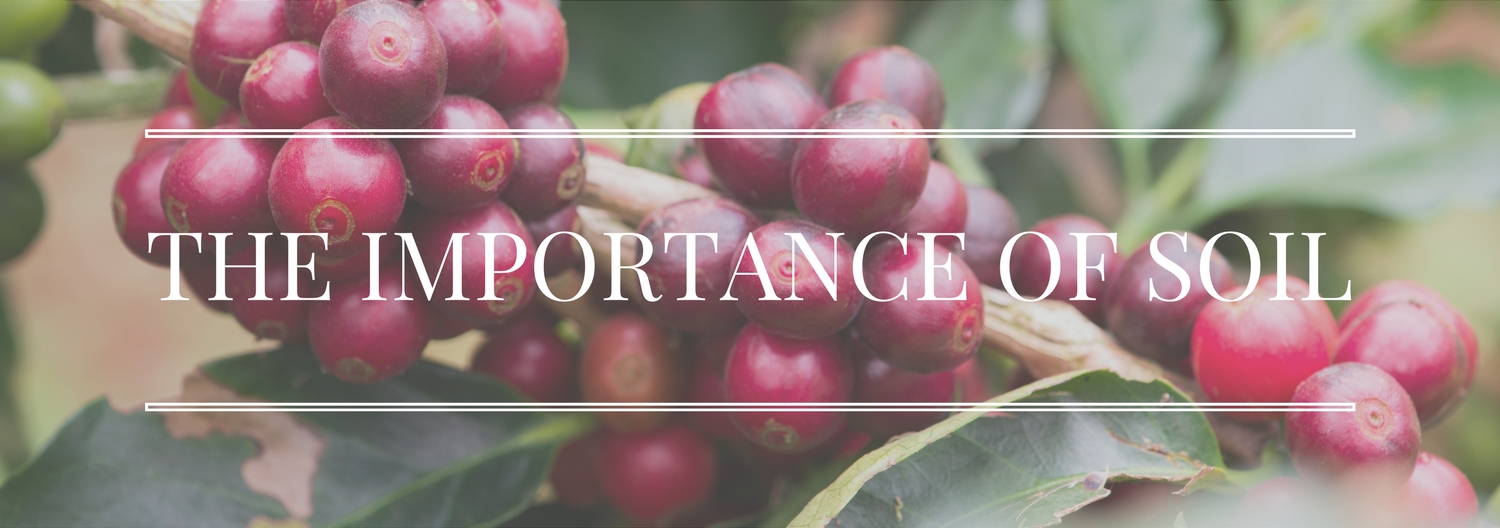If you’re anything like us, you probably wish you could just plant a few beans in your backyard, wait a few months, and voila – homemade coffee beans! Unfortunately, it doesn’t work like that. In fact, growing quality coffee beans is an incredibly complex process. Farmers have to compensate for a variety of factors, including the altitude, climate, and soil – all of which will factor into that coffee’s unique flavor profile. You might already know that farmers prefer to grow coffee plants in volcanic red earth or deep sandy loam soil types, but you might not know why.
Coffee and Soil
Nitrogen, potassium, zinc, and other nutrients are all keys in growing quality coffee plants – and the only place the plants can get these nutrients is from soil. While fertilizer can help, certain soils are natural fits for coffee plant growth. In particular, fine arabica coffees tend to be grown in volcanic soil due to how fertile it is. After choosing a suitable soil that provides the proper nutrients and drains well, farmers will manage the soil to ensure the coffee plant grows properly. Your coffee plant’s health directly affects the coffee’s flavor, aroma, and body. The right soil can be the difference between a flavorful, delicious coffee, and one that’s bland and misses the mark.
Coffee Taste Considerations
While soil has a direct impact on coffee’s taste, it’s not the only thing that makes its mark. In general, higher altitudes and cooler temperatures are preferred, as this allows for an extended photosynthesis process that ensures plants metabolize all of the soil’s delicious nutrients.
So the next time you enjoy a cup of coffee, be sure to be thankful for all the hard work that went into getting it just right! At Javatino, we only select coffee with the most tasteful beans from optimal growing environments to give you and your customers the best morning possible. Contact Javatino today at (407) 730-6625 to learn more about our products.

